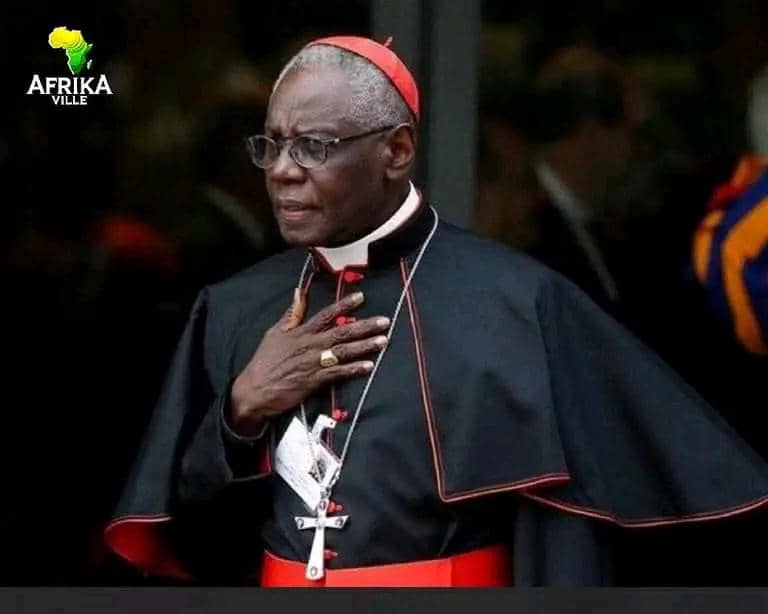By Burnett Munthali
According to the powerful statement shared by Ubuntu African Wisdom, a Black man—deeply respected for his theological expertise, pastoral care, and leadership within the Catholic Church—was considered the most qualified candidate to be the next pope.
This man had served the global church with distinction, earning admiration across continents for his ability to bridge cultural divides and uphold the spiritual and moral mission of the Church.
He was not only a servant of the gospel, but a symbol of what the future of the Catholic Church could look like—diverse, inclusive, and rooted in global representation.
His experience, wisdom, and dedication made him, in the eyes of many, the natural successor to the papal throne.
Yet, despite these credentials, he was ultimately passed over.
And this rejection was not due to a lack of qualification, moral failing, or theological error—it was because of his Black skin.
An unspoken but potent force—race—rendered his candidacy unwelcome in the sacred chambers of Vatican decision-making.
The color of his skin became more powerful than his decades of service, a silent veto in a Church that proclaims universal brotherhood.
What this reveals is the stubborn endurance of institutional racism, even within spiritual institutions supposedly committed to equality and justice.
It shows that meritocracy often bows before the altar of historical prejudice, especially when the center of power remains deeply tied to Eurocentric traditions.
But the post does more than mourn the injustice of his rejection—it turns the mirror on us, the descendants of colonized lands, the exiles of our own heritage.
“I don’t blame them though—it’s their culture,” the post reads, and this subtle shift changes the tone from accusation to introspection.
It challenges us to ask: who are we to condemn others for preserving their culture, when we ourselves have abandoned ours?
We left our roots—our languages, our spirituality, our customs—in pursuit of Western validation, comfort, and belonging.
In doing so, we traded the soul of our ancestors for an identity constructed for us by others, one that rarely affirms our full humanity.
We joined systems that were never designed with us in mind, hoping that our excellence might earn us a place at the table.
But when rejection comes, as it so often does, we are reminded that acceptance within such systems is always conditional.
The message is clear: they protect their image, their lineage, their traditions—not out of malice, but out of self-preservation.
And perhaps that’s the part we must confront: while they have kept their identity intact, we have too often been willing to trade ours away.
Ubuntu African Wisdom isn’t just pointing out racism in the Catholic hierarchy—it is mourning the erasure of African dignity at a much deeper level.
It calls us to reclaim what we lost, not to earn validation, but to restore our wholeness and self-worth.
This reflection forces us to reexamine not only institutions of power, but the choices we’ve made in seeking proximity to them.
The Black candidate’s story is tragic not only because of what was denied him, but because it reminds us of what we have denied ourselves.
Until we embrace who we are with the same ferocity others defend who they are, we will continue to be outsiders—both to them and to ourselves.
The story of this man who could have been pope is not just a story about racism.
It is a story about identity, self-worth, and the long road back to cultural reclamation.
And perhaps that journey begins when we finally stop asking to be seen, and start seeing ourselves again.




